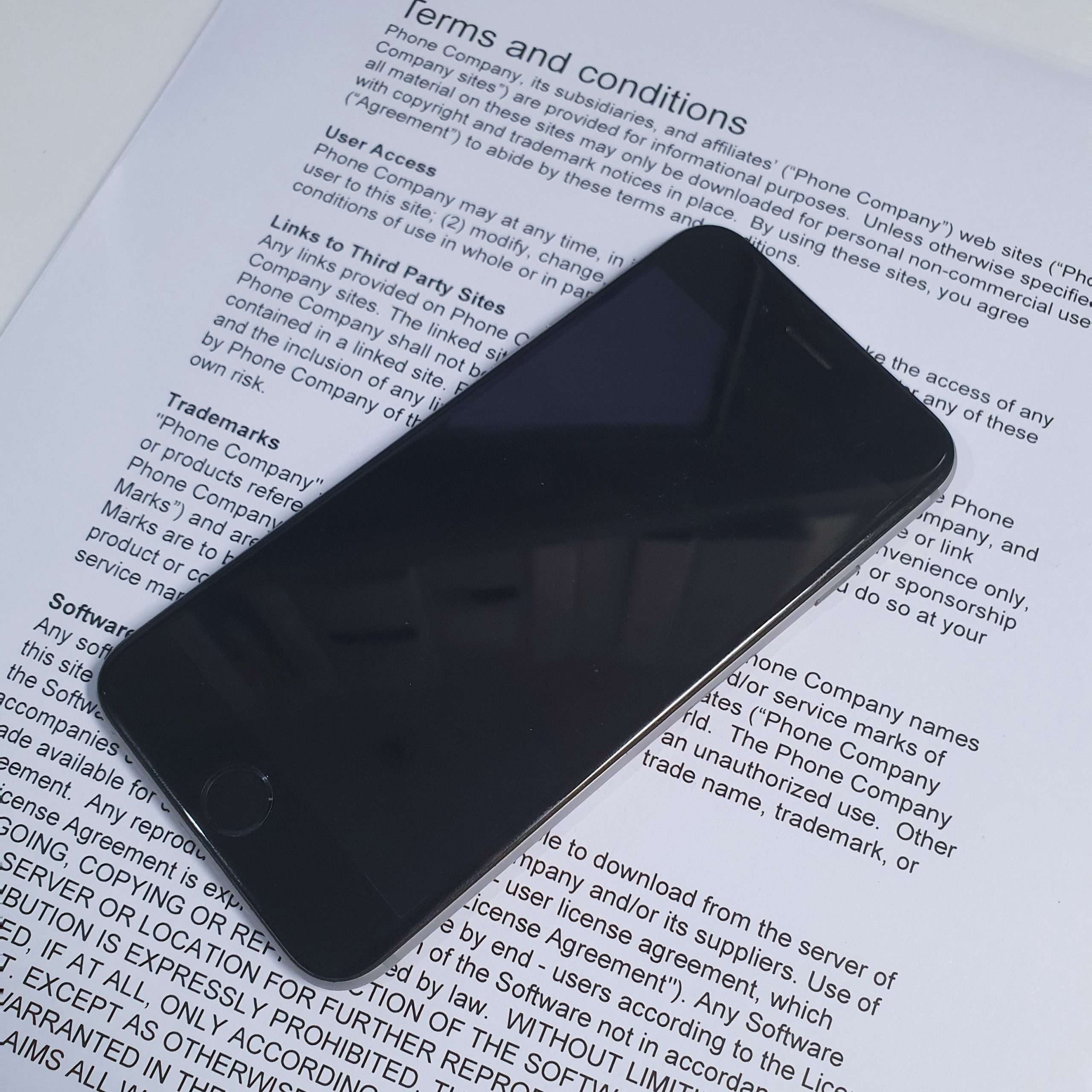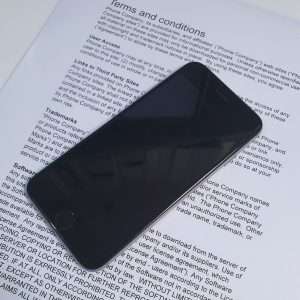The Federal Court of Australia (“FCA”) recently dismissed a case against TPG Internet Pty Ltd that was brought by the Australian Competition and Consumer Commission (“ACCC”). The Court decided that TPG did not make false or misleading statements to consumers.
The Facts
In the case of ACCC v TPG Internet Pty Ltd [2019] FCA 1677 decided on the 11th of October 2019, the Federal Court had to consider whether a term that is marketed on TPG’s website for the plans they offer (for mobile phone, internet and home phone services) was misleading or deceptive and also whether it was unfair.
The ‘Unfair Term’
The specific term in question is for the ‘Mobile Prepayment Outside Included Value (T4G PAYG)’ plan. The term stated that: “All TPG services are prepaid’ and that “You must pay the monthly recurring charges in advance.”
The Plan also stated that “Your initial prepayment will be $20. After registration, you may nominate how much you wish to prepay but the minimum prepayment is $20. The prepayment will be debited from your nominated bank account or credit card. By acquiring and continuing to use the service, you agree to an automatic top up of your prepayment.”
Importantly, the Plan stated that “The top up will occur when the amount of prepayment falls to below $10. When that happens, TPG will debit a sufficient amount from your bank account/credit card to restore your nominated prepayment amount.”
The Plan also contained a forfeiture term being that “If you do not use the prepayment, it will be forfeited to us when you cancel the service.”
Questions the Court had to consider
The Federal Court had to consider two questions in this case:
- Firstly, is the use of the word ‘Prepayment’ misleading or deceptive?; and
- Is the Forfeiture Term unfair[1]?
Decision made
The Court ultimately decided that TPG did not make false or misleading statements to consumers and that the Forfeiture Term contained in their contract was not unfair.
The Law & the Court’s Reasoning
It was not disputed during the case that section 18(1) of the Australian Consumer Law states that a person must not, in trade or commerce, engage in conduct that is misleading or deceptive or is likely to mislead or deceive.
The consideration of whether conduct by way of making representations to consumers is misleading or deceptive or false is a question of fact that is meant to be determined in light of all the relevant surrounding circumstances.
The Court has said that the representations contained within a Contract such as TPG’s are to be interpreted as though they had been read by a group of people who take reasonable care for their own interests. For this reason, the Court took the view that it could be expected that a reasonable consumer would take the time to actually ascertain contractual terms of importance to them before entering into a transaction.
The Court found in this case that a reasonable or ordinary consumer would know that there will always be an amount held by TPG in advance of providing any excluded service. The Court also determined that a reasonable or ordinary prospective purchaser of retail mobile, internet and home phone services would read and understand those terms (above) articulated by TPG.
What is the take-home message?
- Read the fine print! It may reveal things you otherwise would not have signed up for if you had not read the terms and conditions.
- It is not as easy as you may think to successfully make a claim against the goods / service provider for misleading / deceptive conduct or unfair terms.
- Just because a goods / service provider doesn’t provide you with any assistance in reading or understanding the terms of their contract, doesn’t mean you aren’t expected to read and understand them yourself!
[1] The term: “If you do not use the prepayment, it will be forfeited to us when you cancel the service.”
If you find yourself in a sticky situation regarding a set of Terms and Conditions, call one of the Streeterlaw Commercial Dispute Resolution Solicitors on 02 8197 0105 today to help you successfully navigate your way through your contract.










